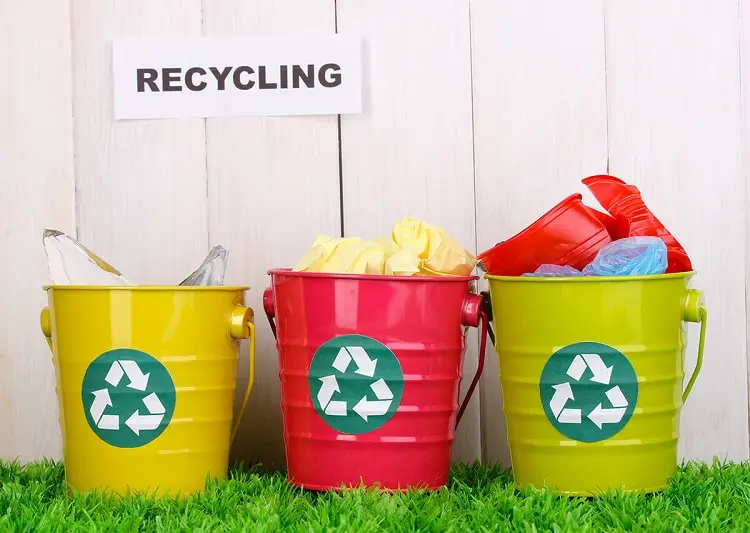The Role of Laws in Promoting the Recycling of Household Waste
Due to increased concerns about environmental sustainability, the issue of waste management and recycling has assumed more importance in recent years. While some claim that not enough household waste is recycled, others think that government intervention and the establishment of legal requirements are the only ways to increase recycling. The extent to which laws are required to encourage people to recycle more of their waste will be examined in this essay. While laws can be very helpful in promoting recycling, other elements like education, infrastructure, and self-motivated efforts should also be taken into account.
The Advantages of Recycling Household Waste:
Prior to exploring how regulations can encourage recycling, it is critical to recognise the advantages of recycling domestic waste. Recycling lessens the demand for raw materials, conserves natural resources, and uses less energy. Additionally, it aids in lowering environmental and health risks brought on by landfill waste. Recycling also helps to reduce greenhouse gas emissions, which helps to slow down climate change. Given these benefits, it is imperative to look into practical ways to raise recycling rates.
The Limitations of Efforts at Voluntary Recycling:
Despite their importance, voluntary recycling programmes can only go so far in terms of significantly raising recycling rates. While many people are concerned about the environment and actively participate in recycling programmes, others might not be as aware of these programmes, may not be as motivated, or may not have easy access to recycling facilities. The level of personal commitment required for voluntary endeavours might vary substantially. As a result, relying simply on actions that are undertaken voluntarily may not be adequate to address the entire problem of recycling.
The Role of Laws and Legal Obligations:
Laws and statutory regulations may offer a framework for promoting and enforcing recycling behaviour. Government intervention can be helpful in promoting behaviour change and developing a recycling culture. Legal regulations can set recycling goals, demand the separation of recyclable materials, and provide financial or regulatory incentives to encourage recycling. To guarantee responsibility, penalties for non-compliance may also be set.
Governments may promote recycling to the public and level the playing field for corporations and people by making recycling a legal requirement. The installation of recycling facilities, collection systems, and the encouragement of environmentally friendly waste management techniques can all be facilitated by legal frameworks.
The Value of Outreach and Education:
Laws can give the required push, but they should be supported by strong educational and outreach initiatives. Public education campaigns can inform people of the advantages of recycling, the correct ways to sort waste, and the effects inappropriate waste disposal has on the environment. Education can improve the efficacy of legal requirements by encouraging a sense of environmental responsibility and offering helpful advice.
Infrastructure and accessibility must exist:
If recycling infrastructure and accessibility are missing, laws alone are insufficient. The development of recycling facilities, collecting networks, and practical recycling choices should be funded by governments. Infrastructure that is easy to use and well thought out encourages people to engage in recycling programmes. Furthermore, the development of effective recycling systems depends on collaboration between the public and private sectors as well as community organisations.
Conclusion:
In conclusion, legislation and legal requirements should be viewed as a component of a holistic strategy that also involves education, the development of infrastructure, and voluntary initiatives, even if they can play a substantial role in boosting domestic garbage recycling. Laws can establish the required structure, encourage compliance, and foster a recycling culture. Governments, communities, corporations, and individuals must work together for effective implementation and enforcement. It is possible to boost recycling rates and lessen the negative effects of household garbage on the environment by combining legislative measures with education, infrastructural upgrades, and volunteer involvement.



0 Comments